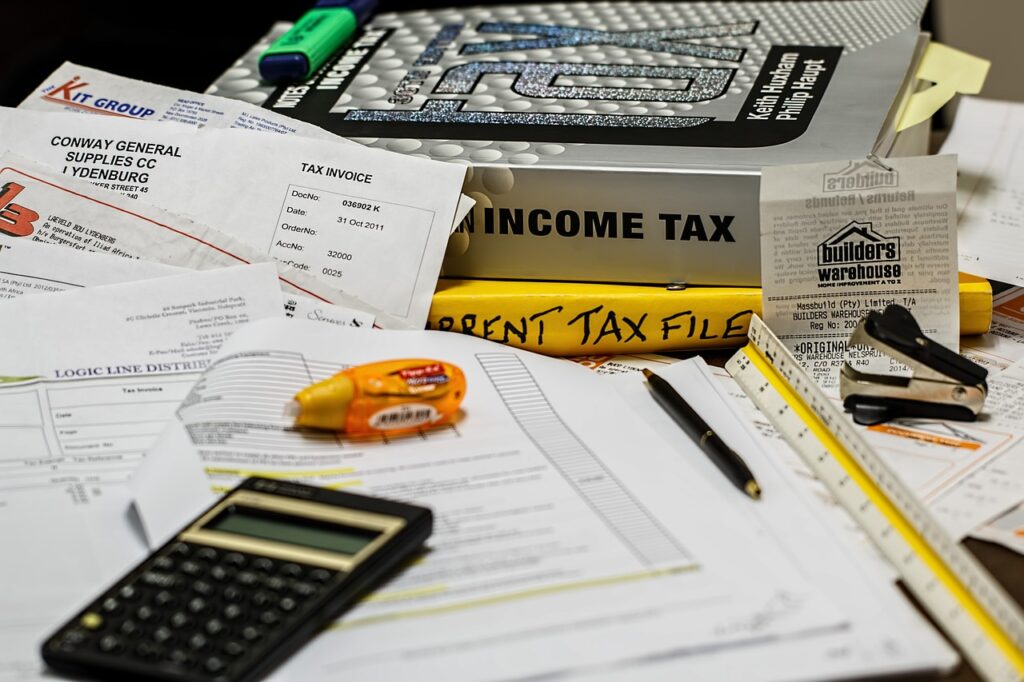So, you’re living in Gran Canaria, or thinking of making this beautiful island your home, and you’re considering becoming self-employed, or as the locals call it, an autónomo. Whether you’re starting a business, freelancing, or offering professional services, the process can feel a bit daunting at first—but don’t worry!
This guide will walk you through the steps of registering as an autónomo, explain your tax obligations, and cover some common challenges. Plus, if you’re an expat, it’s also a great way to support and integrate into the local economy, contributing to the island’s unique culture and legacy. Let’s dive in to become a Self-Employed (Autónomo) in Gran Canaria

What Does It Mean to Be Autónomo?
In Spain, autónomos are self-employed individuals responsible for paying their own taxes and social security contributions. Unlike employees, autónomos don’t have a company handling their paperwork, so you’ll be managing most things on your own. The good news is that it’s relatively straightforward to maintain once you’re set up.
Step-by-Step Process to Register as an Autónomo in Gran Canaria
1. Get Your NIE (Número de Identificación de Extranjero)
If you haven’t already, you must apply for your NIE (Foreigner Identification Number). This is essential for any legal or financial activity in Spain, including becoming autónomo. You can apply for your NIE at the local Extranjería (immigration office) or Comisaría de Policía. Make sure to bring:
- Your passport and photocopy
- Proof of residency (if applicable)
- The completed NIE application form (EX-15)
Tip: It’s best to make an appointment ahead of time on the Extranjería website, as waiting times can be long.
2. Register with the Tax Office (Agencia Tributaria)
Next, head over to the Agencia Tributaria (Spanish Tax Office) to register as an autónomo. This is where you declare your economic activity and start your journey to becoming self-employed. The process is called “Alta en el Censo de Empresarios” (Register in the Business Census).
You must fill out Form 036 or 037 (the simpler version) to declare your activity. Some key things you’ll need to provide are:
- Your personal information (NIE, address)
- The type of work or service you’ll be providing (there’s a list of economic activities to choose from)
- Your chosen tax regime (we’ll get to taxes soon, don’t worry!)
Once you’re registered, you’ll receive a CIF (Tax Identification Number) for your business activities.
3. Register for Social Security (Seguridad Social)
Now that you’ve registered with the tax office, it’s time to enroll in the autónomo social security system. You’ll need to do this within 30 days of registering with the tax office. Head to your local Tesorería General de la Seguridad Social office to complete this step.
Here’s what you’ll need:
- Your NIE
- Proof of your registration with the tax office
- Bank account details (to set up direct debit payments for your social security contributions)
Social Security Contributions (Cuota de Autónomo): Every autónomo must pay a monthly social security fee, which covers healthcare, pensions, and benefits. For new autónomos, there’s a discount called the Tarifa Plana, which allows you to pay a reduced rate (around €80 per month) for the first 12 months. After that, the fee gradually increases over the next few years.
4. Choose an Accounting System and Stay Organized
Now that you’re officially registered as an autónomo, it’s time to get your finances in order! You’ll need to keep track of invoices, expenses, and taxes. Many autónomos hire an accountant (gestor) to help manage this, especially when it comes to submitting quarterly tax returns.
If you prefer to handle it yourself, there are user-friendly accounting software options available in English, like Holded or Quipu, that can help you manage invoices and taxes digitally.

Tax Obligations as an Autónomo in Gran Canaria
One of the most important (but slightly tricky) parts of being an autónomo is handling taxes. Here’s a simple breakdown of the main tax obligations:
1. Income Tax (IRPF – Impuesto sobre la Renta de las Personas Físicas)
As an autónomo, you’re required to pay income tax on your earnings. This is done through quarterly tax returns (Declaración trimestral de IRPF), where you report your income and pay a percentage (usually around 20%) in advance.
At the end of the year, you’ll file an annual income tax return, adjusting what you’ve paid against your actual income.
2. IGIC (Impuesto General Indirecto Canario)
In the Canary Islands, we don’t use IVA (Value Added Tax) like the rest of Spain, but rather IGIC (Impuesto General Indirecto Canario), which is the Canarian equivalent. The standard rate of IGIC is lower than mainland Spain’s VAT, typically 7%, although some goods and services may have different rates (from 0% to 13.5%).
3. Social Security Contributions
As mentioned earlier, your social security payments are made monthly. The first year with the Tarifa Plana is the most affordable, but over time, these payments will increase.
Common Challenges as an Autónomo
While being autónomo offers a lot of freedom, there are a few challenges you might face along the way:
1. Paperwork and Bureaucracy
Spain is known for its paperwork, and becoming autónomo is no exception. Staying on top of your quarterly tax returns and social security payments is key to avoiding fines.
Tip: If handling this yourself feels overwhelming, consider hiring a gestor (accountant). They’re experienced in navigating Spain’s tax system and can make your life much easier.
2. High Social Security Payments
After the first year, social security contributions can seem high, especially if your income fluctuates. Plan for these increases, and be prepared for months when your income might be lower.
3. Taxes Can Be Complex
Figuring out your tax obligations, especially income tax and IVA, can be confusing. You’ll need to be disciplined about setting money aside for taxes.If all this paperwork feels overwhelming, don’t worry! I highly recommend Gotta Love Spain –they are reliable, experienced, and can handle the entire registration process for you. They’ll make everything so much easier!
Final Thoughts: Becoming Autónomo in Gran Canaria
Becoming an autónomo in Gran Canaria might feel like a bit of a maze at first, but once you understand the process and get organized, it’s manageable. Whether you’re freelancing, starting a business, or offering a unique service, being your boss can be incredibly rewarding. If all this paperwork feels overwhelming, don’t worry! I highly recommend Gottalovespain.com– they’re reliable, experienced, and can handle the entire registration process for you. They’ll make everything so much easier!
Take it one step at a time, and don’t hesitate to seek help from an accountant or gestor if needed. With the right planning, you’ll be well on your way to enjoying the freedom and flexibility that come with being autónomo on this beautiful island.



